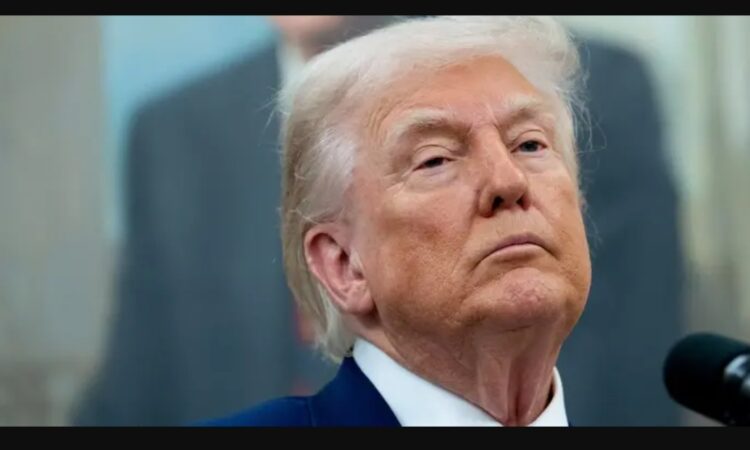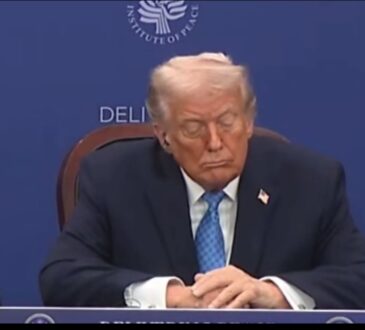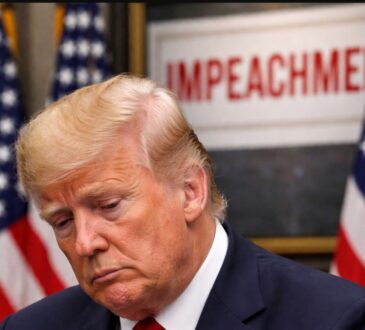
President Donald Trump is under renewed criticism for using the presidential pardon power to benefit his political allies, a move critics say mirrors the kind of weaponized justice system he once campaigned against. After pardoning hundreds of his supporters involved in the violent January 6 Capitol riot, Trump has now extended clemency to a new group of loyalists convicted of serious financial crimes, including bribery, tax evasion, wire fraud, and bank fraud.
The latest round of pardons, granted without apology or secrecy, includes a former Virginia sheriff convicted of selling deputy badges, a Las Vegas politician who misused funds meant for a fallen officers’ memorial, a high-profile tax offender tied to GOP fundraising, and a reality TV couple from Georgia found guilty of bank fraud and tax evasion. All shared a common trait: vocal support for Trump.
Former U.S. Attorney Barbara McQuade described the actions as a blatant abuse of presidential power, stating that Trump’s pardons undermine the rule of law and turn justice into a tool for rewarding loyalty. McQuade warned that this shift represents a dangerous erosion of democratic norms, where allegiance to the president replaces accountability under the law.
These pardons appear to be part of a broader pattern, with Trump having previously granted clemency to participants in the Capitol riot — some of whom have since been rearrested. Critics argue this sends a clear message: those who support Trump will be protected from legal consequences.
Adding to the controversy, Trump appointed Ed Martin as his new pardon attorney after Martin’s nomination to lead the U.S. Attorney’s Office in Washington stalled in the Senate. Martin celebrated the pardons on social media with the phrase “No MAGA left behind,” signaling a politically driven agenda. He has also confirmed he is reviewing a potential full pardon for Stewart Rhodes, leader of the far-right Oath Keepers, convicted of seditious conspiracy for his role in the Capitol attack.
Senator Dick Durbin, the top Democrat on the Senate Judiciary Committee, condemned the administration’s approach, accusing Trump and Martin of discarding longstanding Justice Department pardon guidelines and replacing them with loyalty-based decisions.
Defenders of Trump have pointed to former President Joe Biden’s use of preemptive pardons, including those issued to family members and former officials under threat of Trump-led retaliation. However, McQuade argues there is no comparison, saying Biden’s pardons aimed to protect individuals from politically motivated attacks, not shield allies who broke the law.
While public condemnation of Trump’s actions continues, options for recourse are limited. The presidential pardon power is broad and enshrined in the Constitution. Reforming it would require significant legislative or constitutional changes, both of which are politically unlikely in the current climate.




